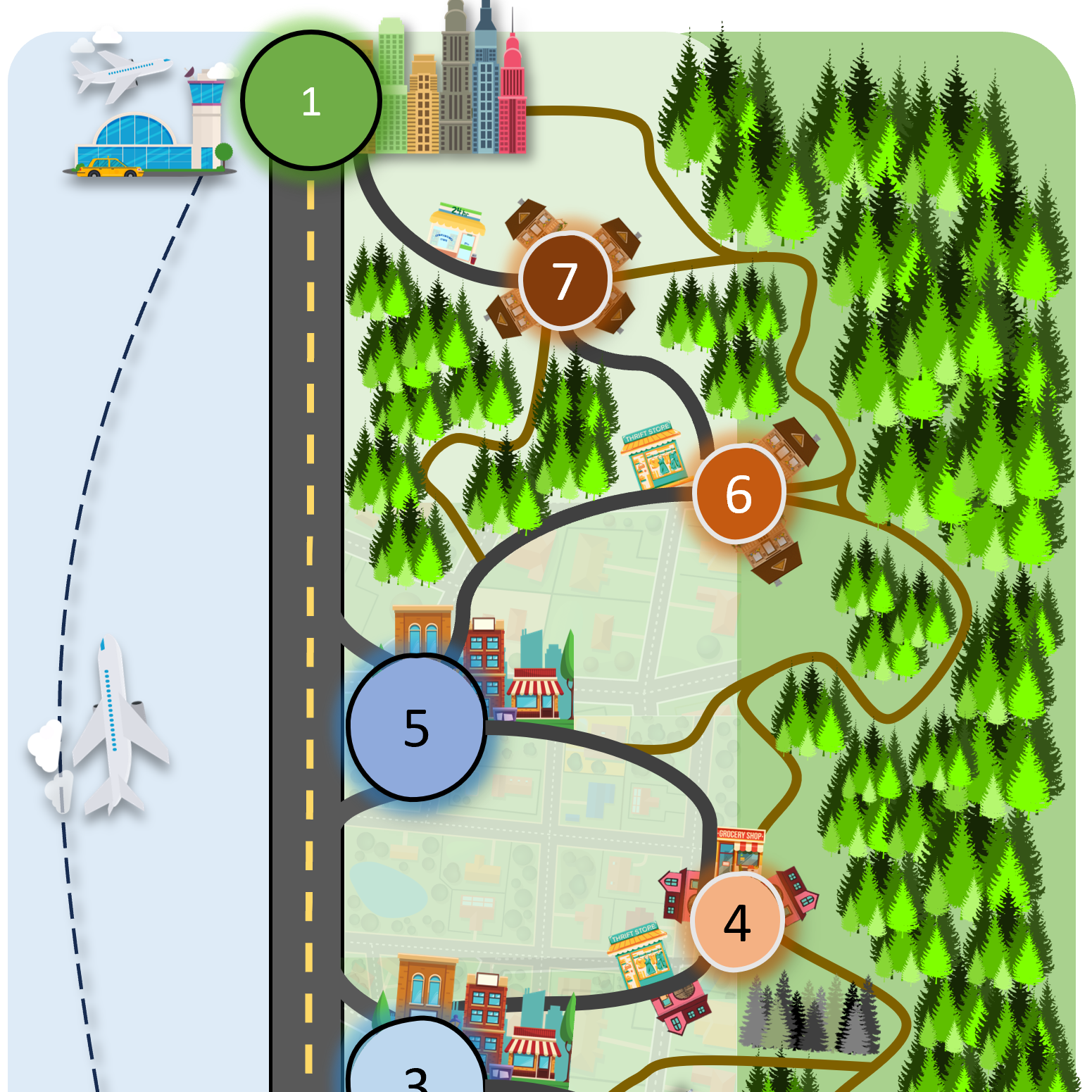Busy Bards Ear Training
I finally found you! Another musician who FINALLY decided to start delving into making your own music. Great, you’ve also somehow learned that ear training is “something you should do.”
Of course, if you didn’t end up on this page, you might have ended up down the dreaded path of spending hours memorizing intervals (Oh boy, you can hear your snores create a minor third.) Or even worse…memorizing absolute pitches. (“This is pitch is a B. an A. a D.” Yes you’re right, that is a BAD way of learning to make melodies.)
That path is great if you want to guess intervals on an empty stage where your wife is the only audience member. However, if you want to be addicted to creating your own melodies with purpose, then you must do three things:
• First, you must simplify. Your brain can’t multi-task. You need to reduce the mental workload for your brain by putting music theory into the simplest terms, allowing your brain to be CREATIVE.
• Second, if practice is a slower version of the result you want…Then you need to practice melody making, not interval guessing.
• Third, you need to have the time to practice. But wait. Life is busy. And if you’re like me, you’re job and commitments keeps you away from your instrument. If only there was a way to get valuable practice, even while AWAY from your instrument.
And that’s why you’re in GREAT hands with Busy Bards Ear Training.
Busy Bards Ear Training is an online ear training music school that equips busy musicians of all levels with the ability to create compelling music, during their busiest seasons.
All Programs of Busy Bards:
• Are lovingly created by a busy musician, FOR busy musicians. (Organic, made with love, without crappy AI generated online courses)
• Puts music theory into its simplest form, so your brain can focus more on the creative joy of purposeful creation, while everyone else focuses on terminology and building block accrual.
• Equips you to transfer your musical knowledge to any instrument you pursue (although I have guitarists in mind while creating this)
• Differentiate learning styles and graphics so musicians of all backgrounds can grow and understand each other (classically trained staff notation, midi grid programmers, brand new musicians alike)
• Openly defies the self-sabotage of theory gate keeping ( “I can’t make my own music until I learn X scales, or X chords…)
• Use a Call and Response methodology to guide you through the music making process.
WARNING: With Busy Bards, you’ll one day be so great at creating your own melodies that you’ll never be able to shut up and listen to your favorite music anymore, because you’re sitting there analyzing it.
